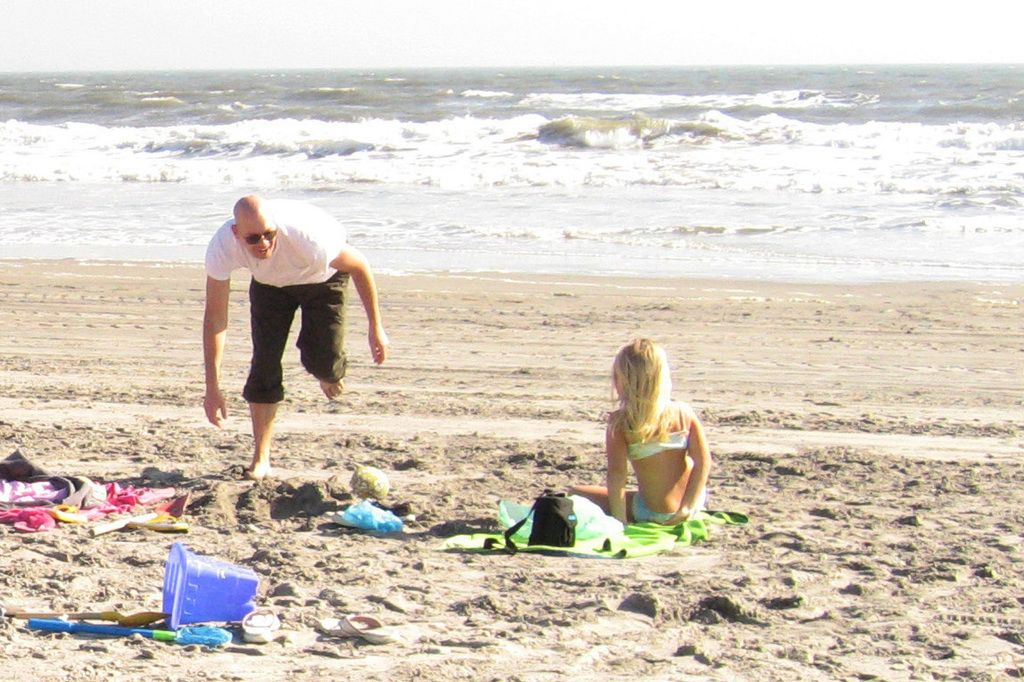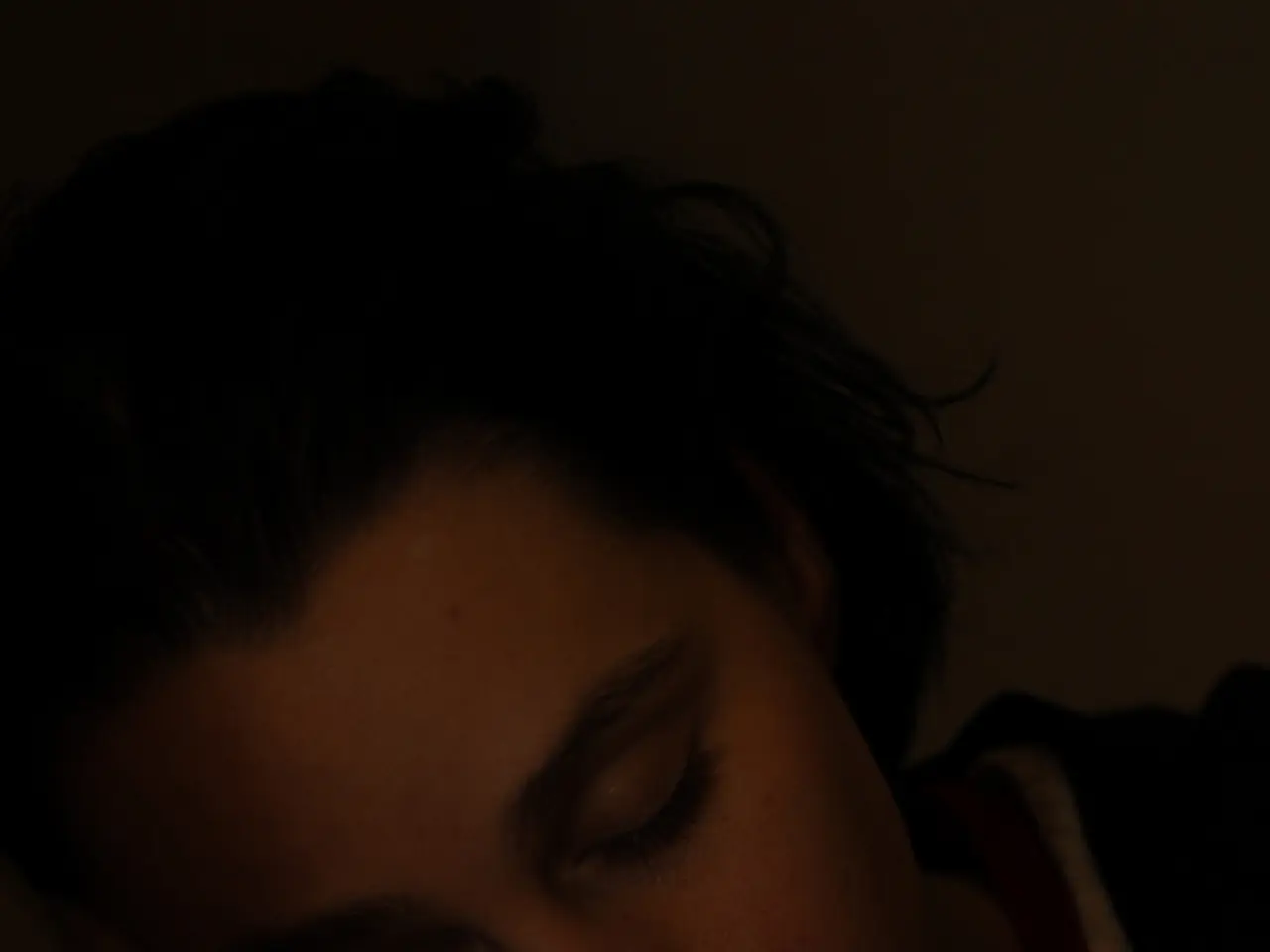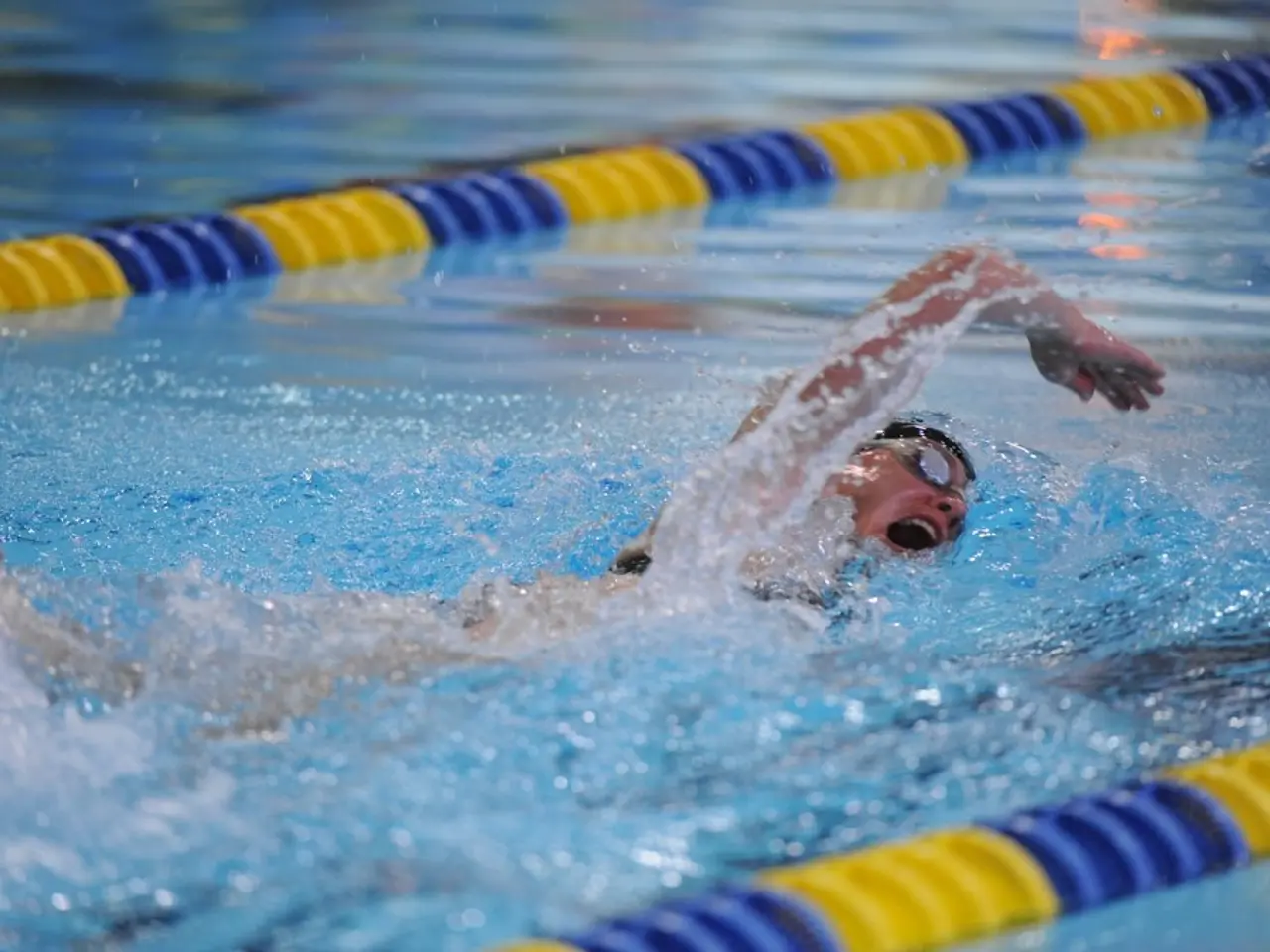Getting Back on Track After Summer Break
7 AM: Strategies for Reclaiming Sleep After School Hours
Returning to the rigors of early mornings and daily studies after summer holidays can be a struggle, but setting a new routine is crucial for a smooth transition.
If your child has grown accustomed to sleeping in during the holidays, experts suggest determining the amount of sleep they truly need and planning their wake-up times accordingly. Kids between the ages of 6 and 13 should aim for 9 to 11 hours of sleep, while teenagers from 14 to 17 should aim for 8 to 10 hours.
Ensuring your child gets their required amount of sleep is crucial in fostering their growth and development and improving their learning ability and academic performance. In fact, doctors also advise increasing sleep duration during periods of intense mental activity, such as during exam periods or before tests.
If your child is resistant to the idea of an earlier bedtime, consider these suggestions:
- Stick to a consistent bedtime routine.
- Limit emotionally stimulating activities (think loud games and movies) after 7 PM.
- Develop a calming bedtime routine that might include a warm shower, a quiet walk, or a chapter of a favorite book.
- Offer comforting physical touch and soothing conversations to reduce anxiety.
A flat, firm, well-ventilated bed can help promote a restful sleep environment. Ensure your child gets enough physical activity and outdoor time daily. Younger children should aim for at least 3 to 3.5 hours of exercise, while high school students should aim for 2.5 hours.
A well-structured school day can significantly improve a child's mood, well-being, and academic performance.
School Medical Check-ups: Russia's Approach
It's interesting to note that Russia's healthcare system traditionally places emphasis on preventive care and routine checkups by physicians in outpatient settings. While there's no specific policy on school-based medical check-ups currently, the system historically involved pediatricians overseeing children under 15 and home visits for rural populations.
In Russia, the healthcare delivery often involves specialist teams from polyclinics, which could theoretically be extended to school-based care. These teams typically include pediatricians, occupational physicians, and feldshers (paramedics working under physician supervision). However, recent updates do not show specific recommendations for school medical check-ups from the Russia's Health Ministry. For current school health policies, it would be necessary to consult the Ministry of Health official channels. Emergency medical contacts remain 103 for emergencies and 112 for general emergencies.
- After the summer break, it's important to calculate the amount of sleep your children need based on their age, as kids between 6 and 13 should aim for 9 to 11 hours, while teenagers from 14 to 17 should aim for 8 to 10 hours.
- To foster a restful sleep environment, provide your child with a flat, firm, and well-ventilated bed.
- If your child is resistant to an earlier bedtime, consider offering comforting physical touch and soothing conversations to reduce anxiety, or develop a calming bedtime routine that might include a warm shower, a quiet walk, or a chapter of a favorite book.
- A well-structured school day can significantly improve a child's health-and-wellness, mood, well-being, and academic performance, but Russia's current policy on school-based medical check-ups involves pediatricians overseeing children under 15 and home visits for rural populations.








